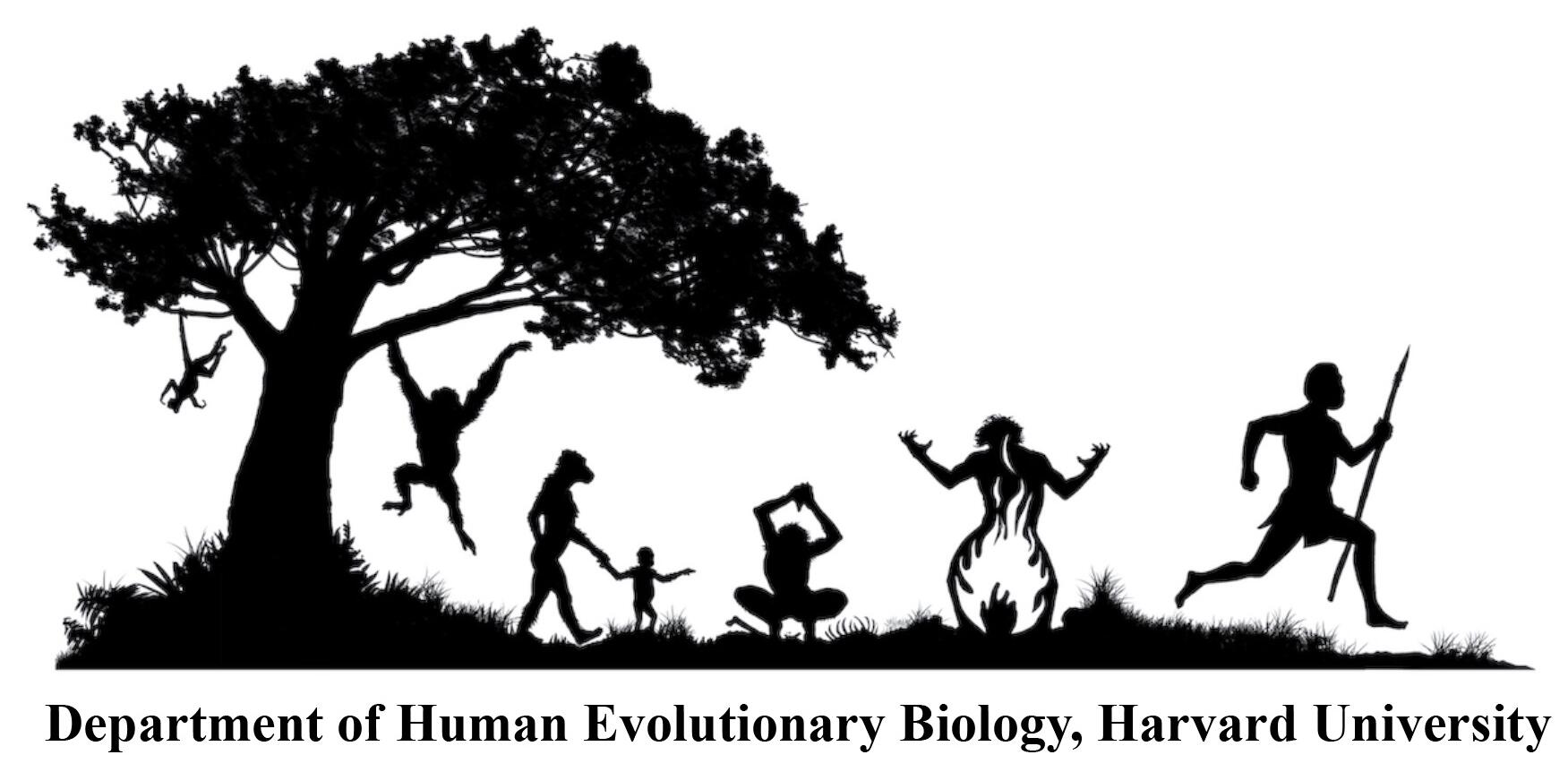Date:
Friday, April 1, 2022, 9:00am to 10:00am
Location:
Zoom - RSVP to mmccoy@fas.harvard.edu for the link
"The cognitive foundations of social relationships in great apes"
Speaker: Laura Lewis
Abstract:
Humans have remarkable adaptations for processing and participating in intricately complex social groups. Foundational among them are our abilities to identify and differentiate between unique individuals, our long-term memory for social affiliates, and our ability to comprehend social language. Despite the centrality of these skills to human social life, we know relatively little about their evolutionary origins in our primate lineage. Humans’ closest relatives, chimpanzees and bonobos, live in large social groups of up to 150 individuals but often range in smaller foraging parties that change in social composition throughout the day (i.e., fission-fusion dynamics). Consequently, they too would greatly benefit from these social cognitive skills. Importantly, the similarities and differences in the socioecology of chimpanzees and bonobos allow us to test competing hypotheses about the selective pressures that heightened humans’ sensitivity to group membership and drove the evolution of our complex sociality and language capacities. By studying these species’ socio-cognitive abilities and patterns, this dissertation aims to clarify the extent to which the cognitive foundations of humans’ social relationships are shared with our closest relatives and were likely already present in our last common ancestor. Utilizing non-invasive eye-tracking technology to explore social attention, long-term social memory, and socially referential language comprehension in chimpanzees and bonobos, this dissertation sheds light on the phylogenetic precursors of human social cognition and the selective pressures that led to the evolution of our uniquely sophisticated social environments.
See also: Dissertation Defenses
